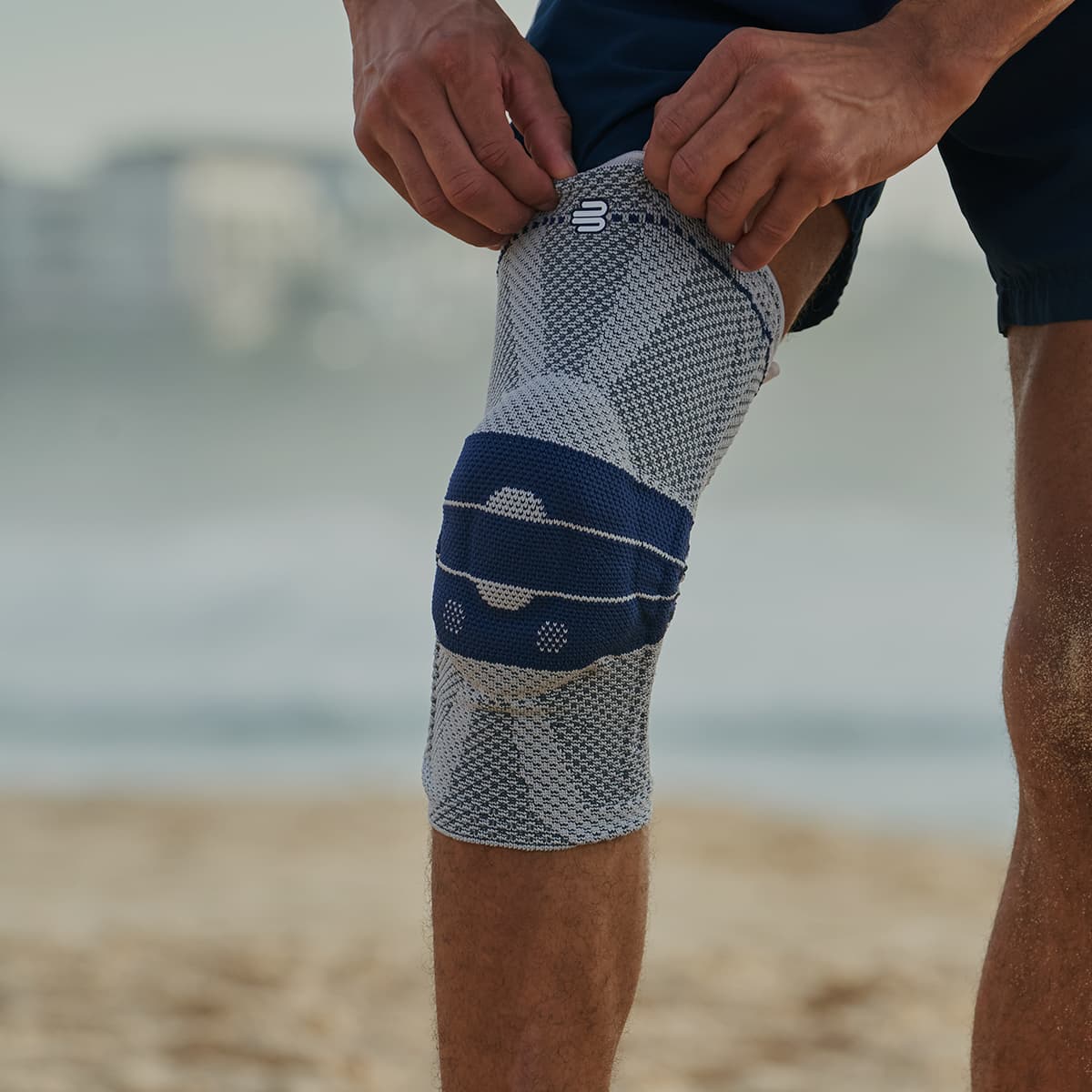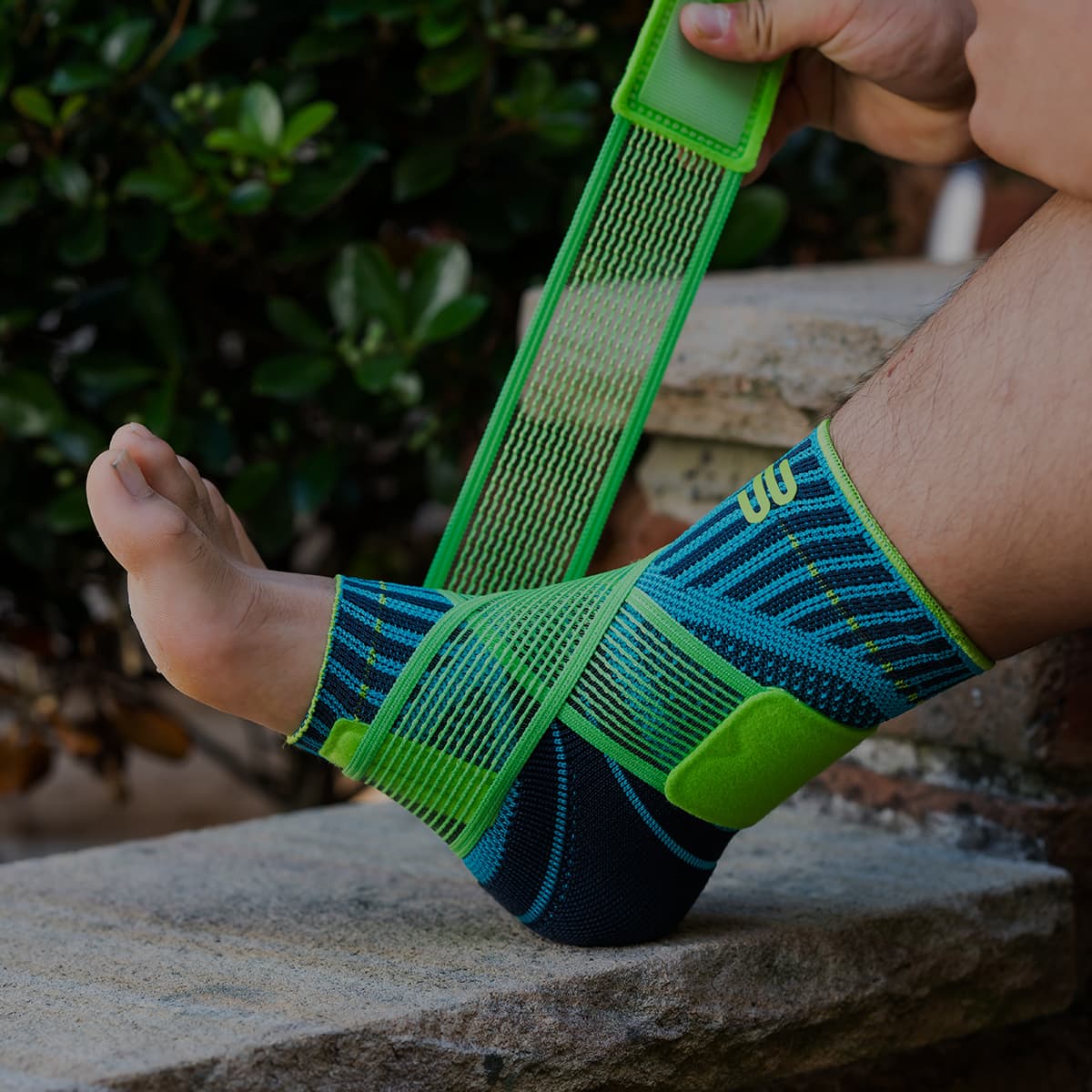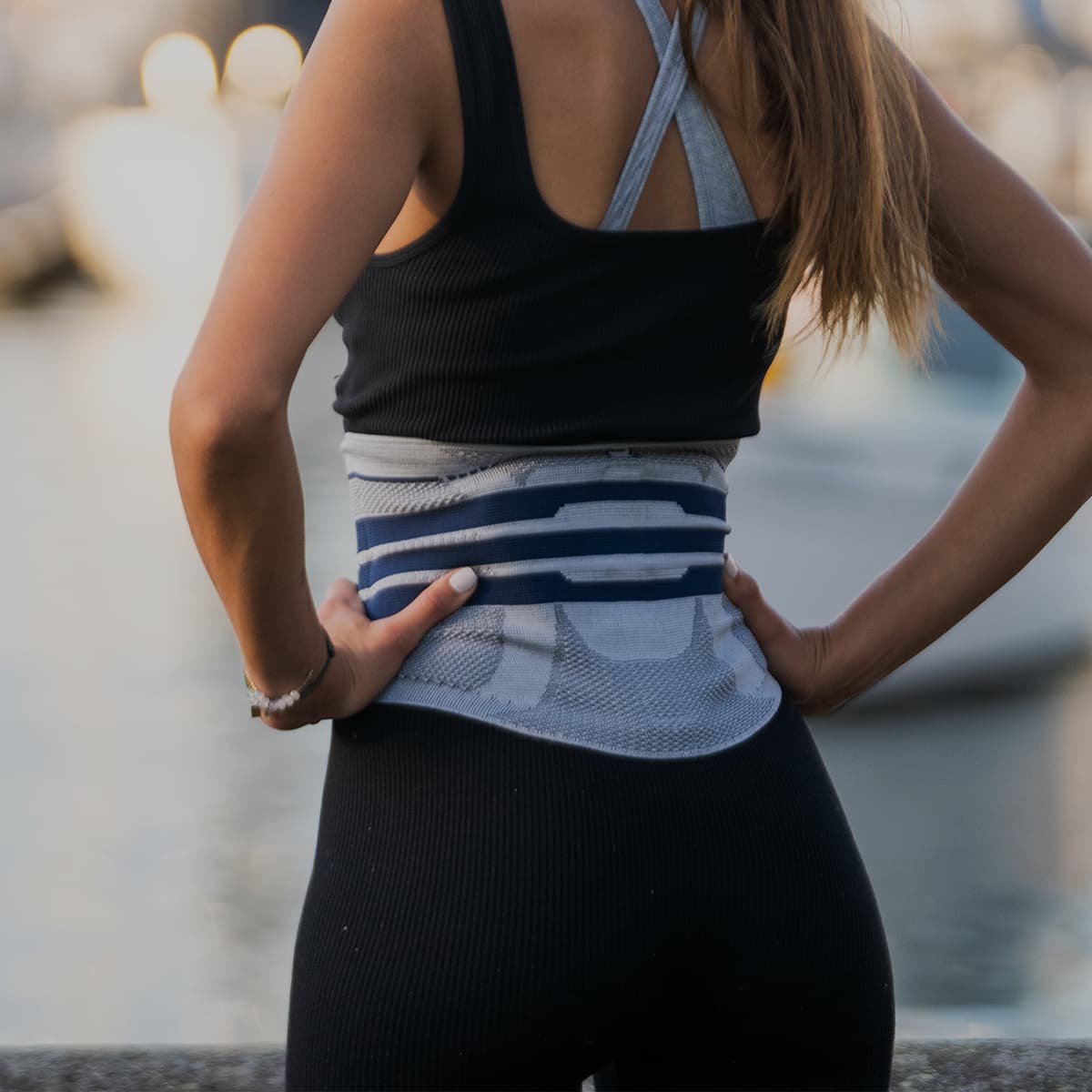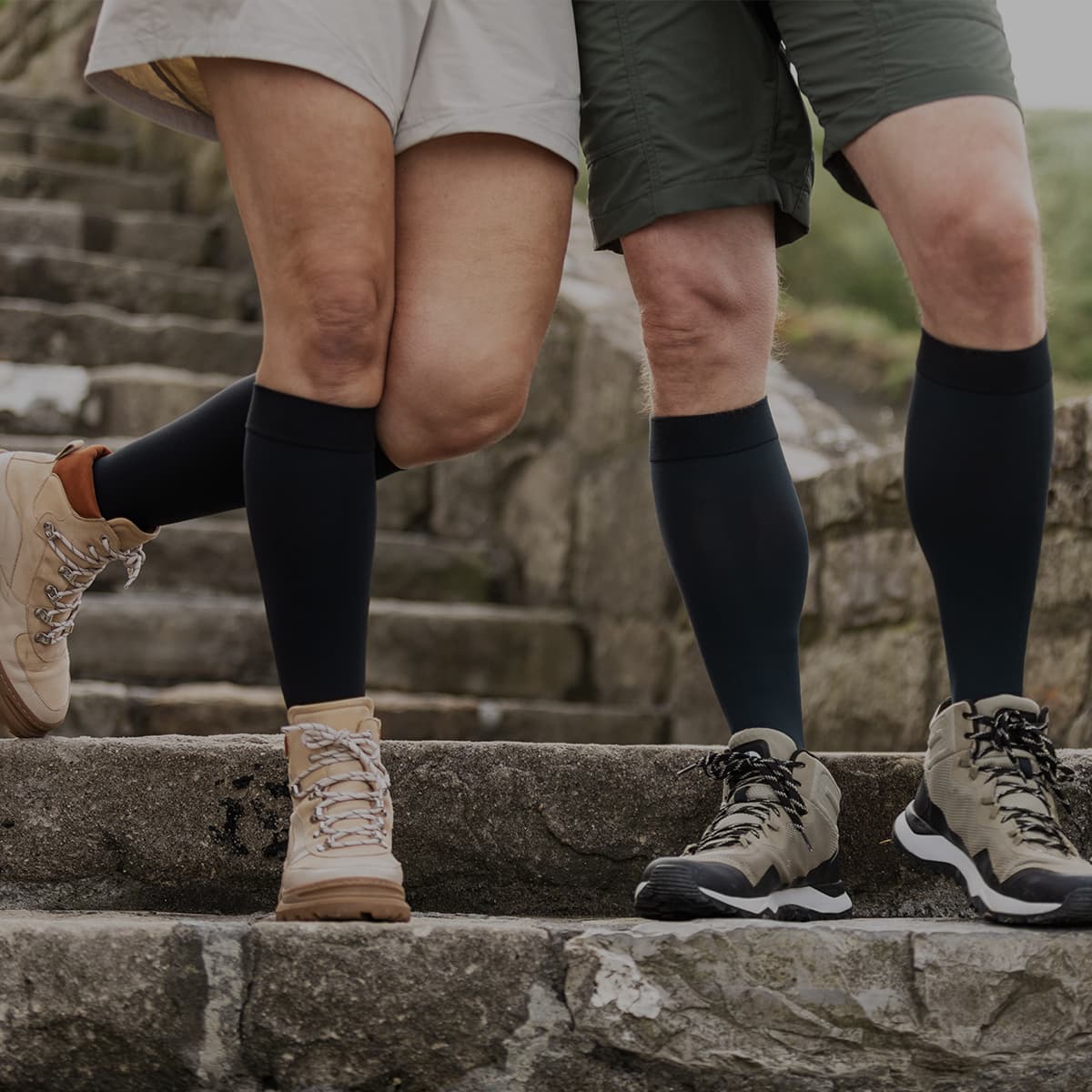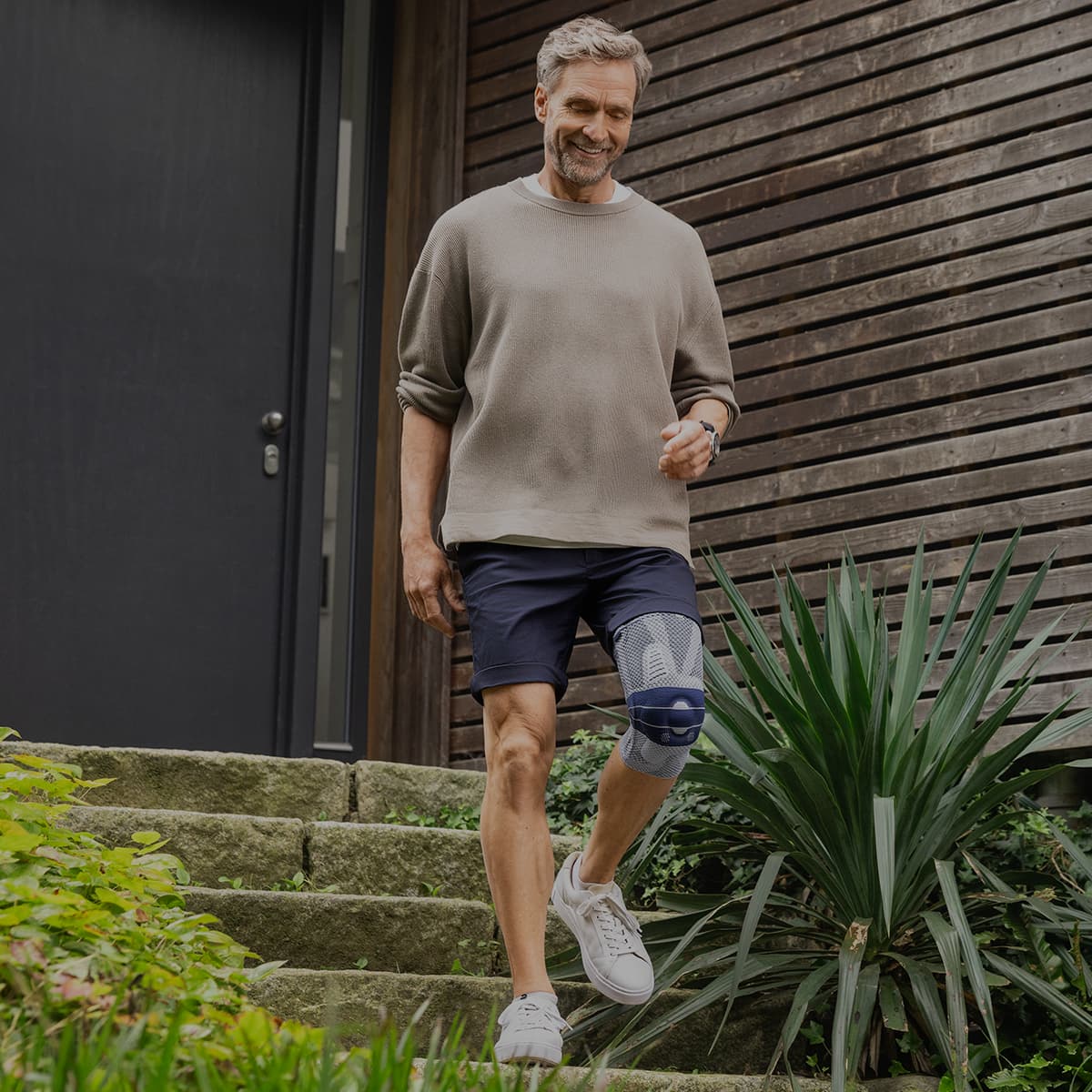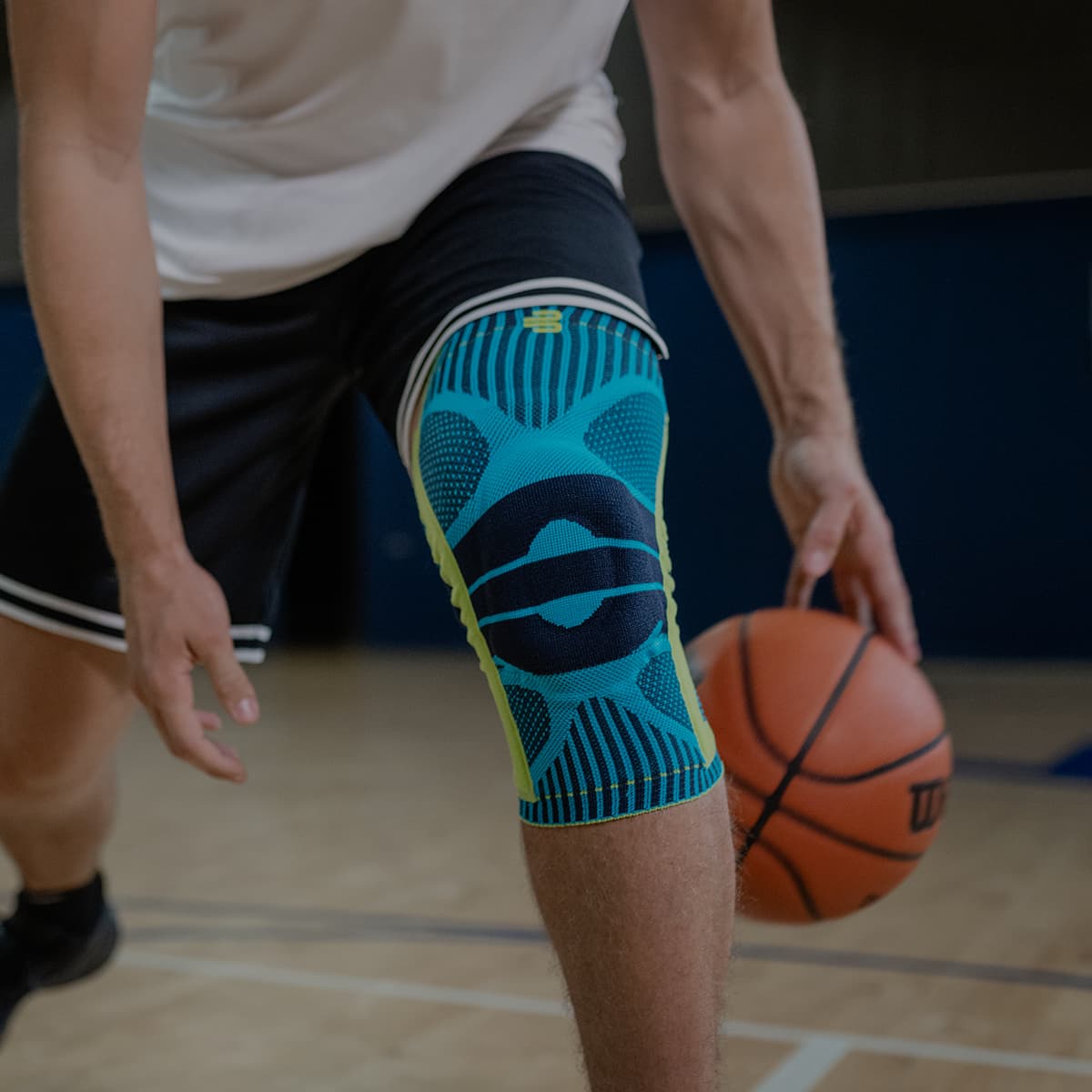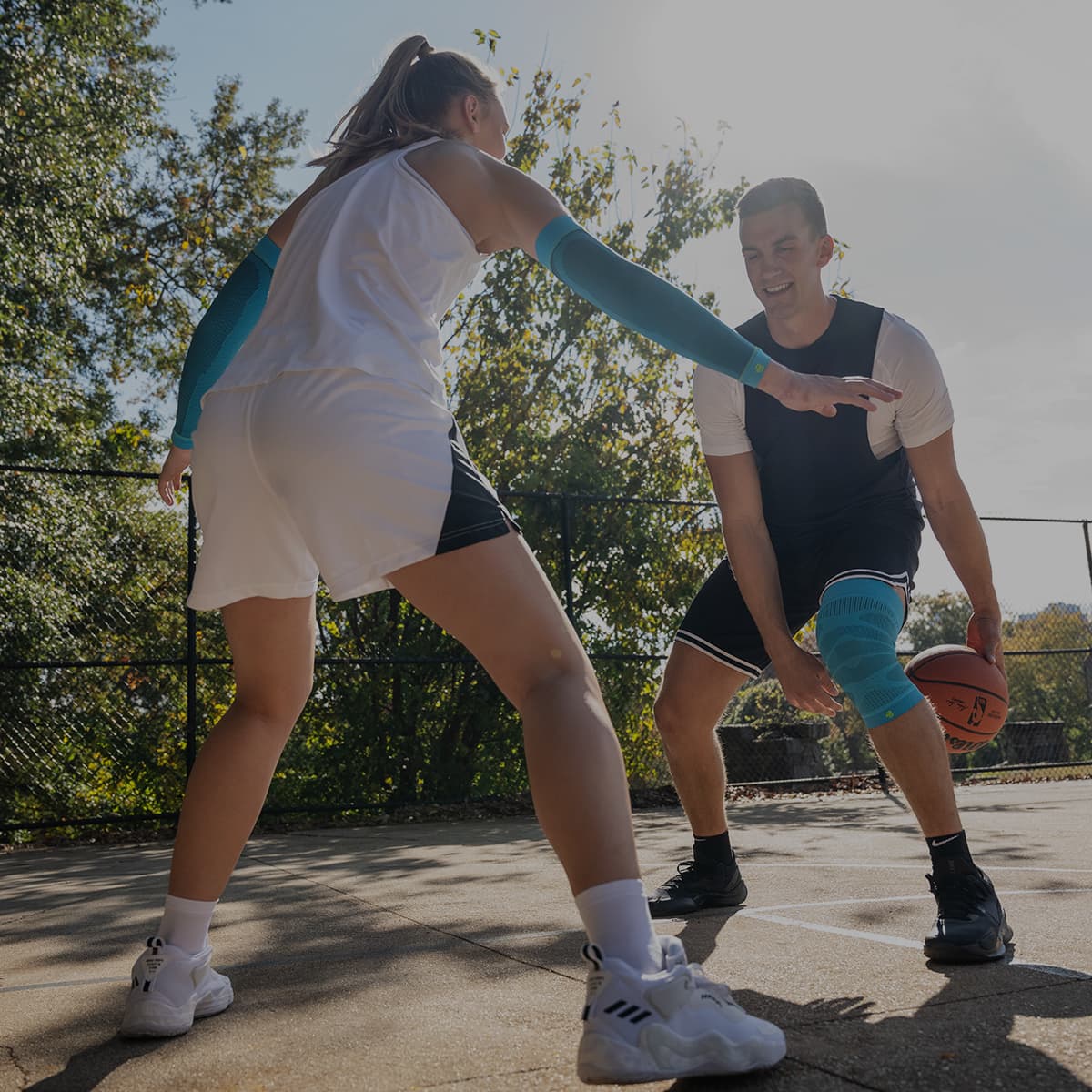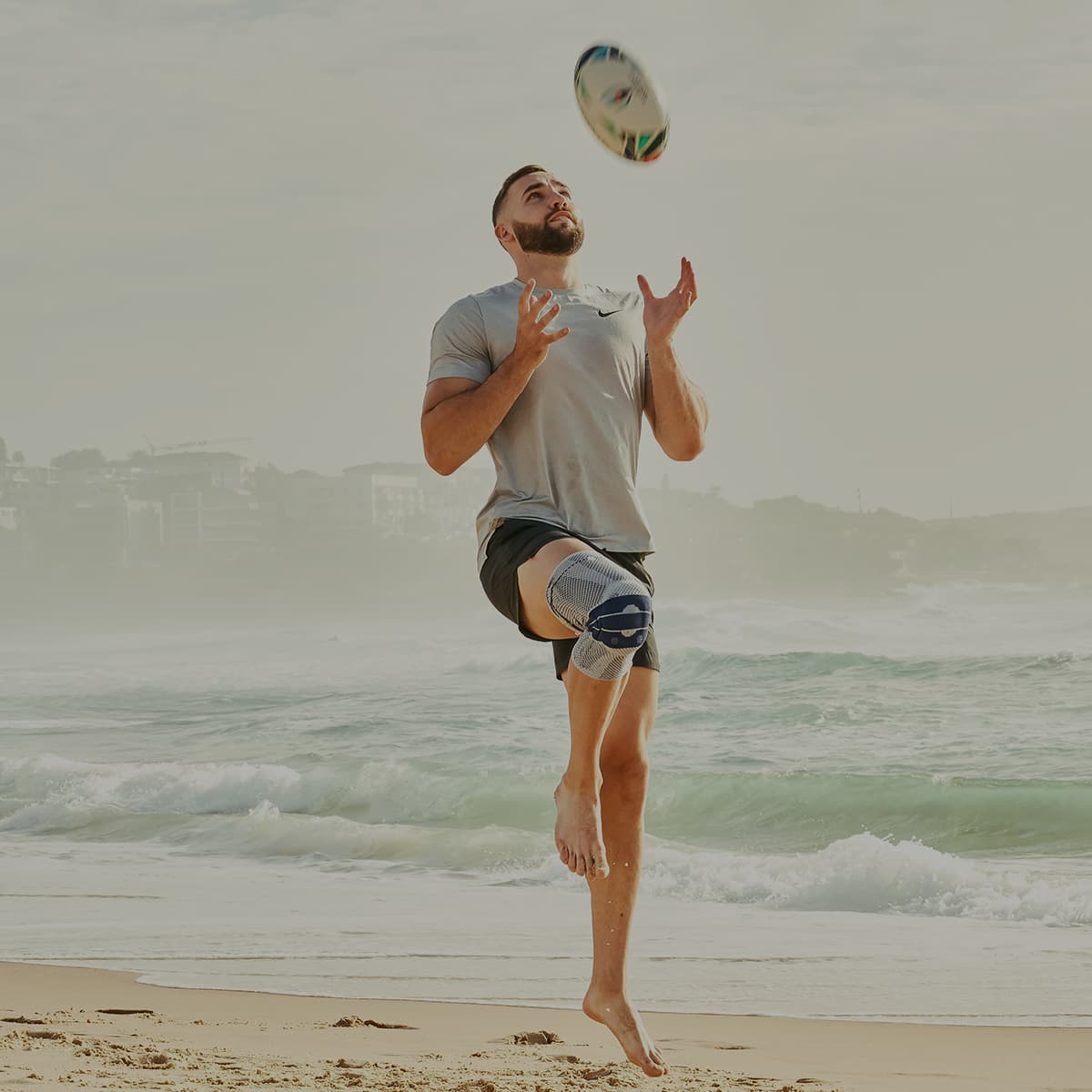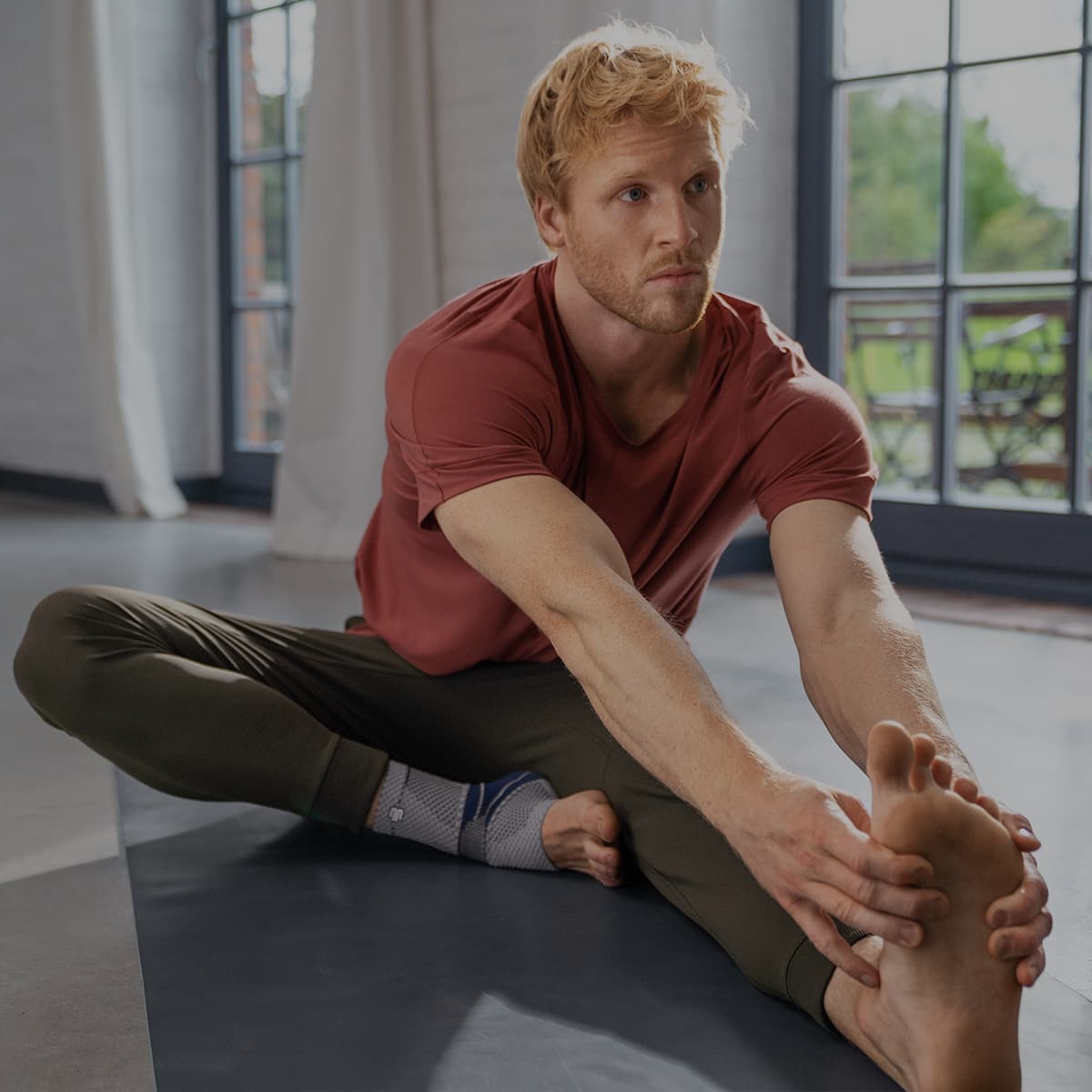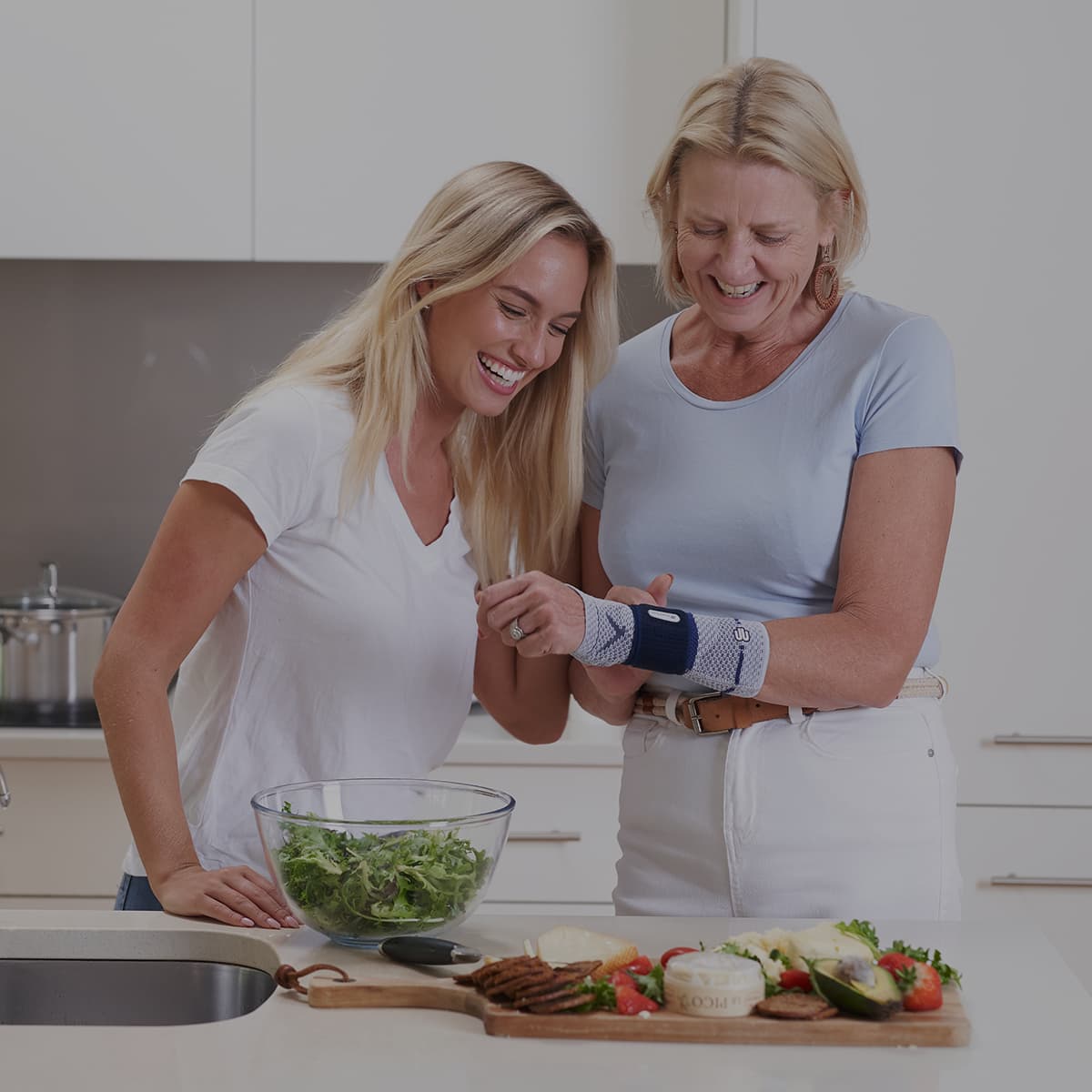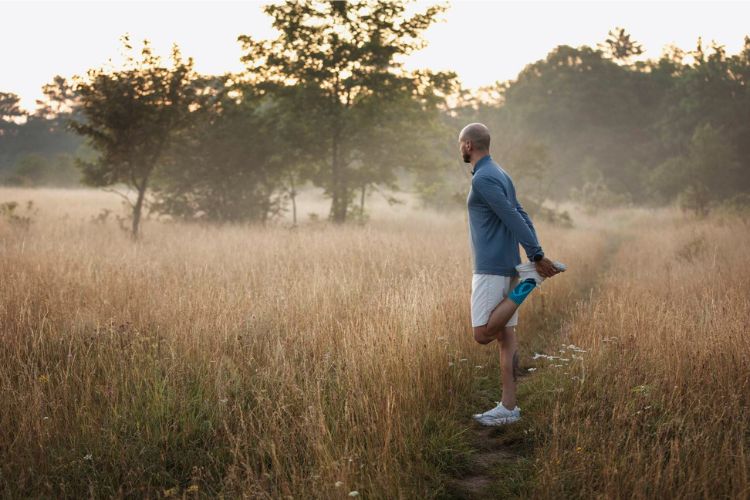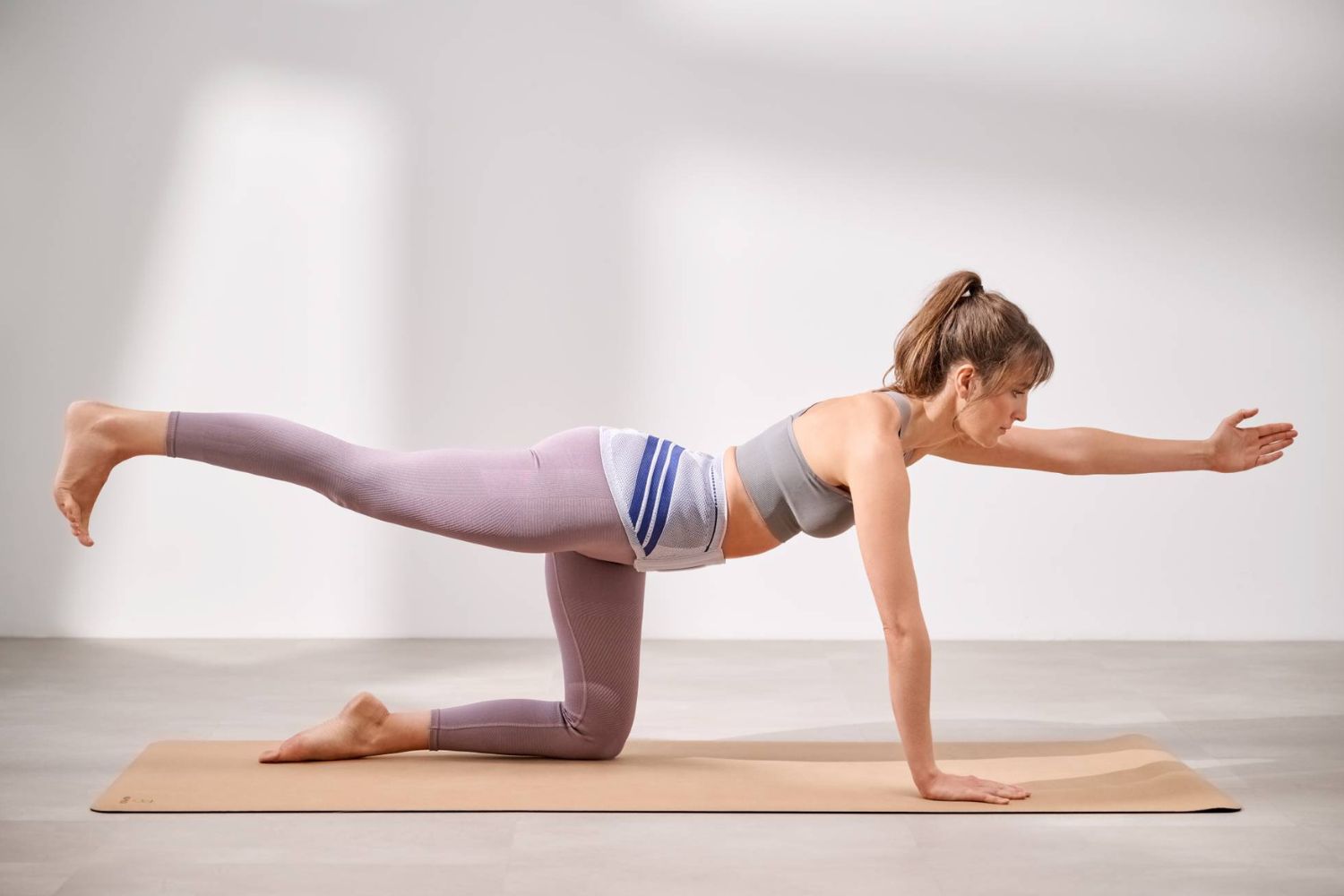Summer is a fantastic time to relax, get some sun, and get active. However, hot weather also means an increased chance of swelling around the extremities, particularly the feet. So, if your feet are prone to getting a little puffy, here’s how to combat foot swelling in the heat.
Why do feet swell in hot weather?
With rising temperatures, the veins dilate and press closer to the skin to cool the blood. Since they expand and run more fluid between your feet and heart, more of that fluid can get stuck in the tissues, resulting in swelling.
Another potential reason is dehydration. If you’re not drinking enough fluids to keep up with the sweat, your body may respond by retaining the fluid it has left.
It’s also important to note that in some cases, foot swelling may be linked to an underlying medical condition. If you notice that the swelling lasts longer, looks more prominent than usual, or won’t go away by following the below steps, speak to your clinician ASAP.
How to stop foot swelling in the heat
Stay hydrated
As dehydration is a common culprit behind swelling, make sure you’re drinking enough water throughout the day. If you’re not a big fan of water, pretty much any juice, soft drink, or kombucha will do. Just keep alcohol and diuretics like caffeine to a minimum, as they’ll often have the opposite effect.
Cool off
This can be a challenging step in Australia, particularly in cities like Darwin, Penrith, and Cairns. However, you can try:
- Being in an air-conditioned space. Supermarkets, cafes, and public spaces like libraries can provide relief. If you can brave the energy bill, run your AC at home.
- Taking a dip. Public pools, beaches, and safe freshwater areas are great for cooling down - provided the summer heat hasn’t warmed them to jacuzzi temperatures.
- Sticking to the shade.
Wear compression for swollen legs and feet
VenoTrain
Compression socks and stockings are a great way to reduce and prevent swelling. They work by gradually compressing the leg from the foot and ankle upward, stimulating the muscles and squeezing blood out of congested surface veins. The veins, therefore, have extra support in circulating blood out of the tissues.
And don’t worry: you can still wear compression socks in the summer. While they can get slightly uncomfortable on particularly hot days, our breathable material reduces moisture build-up and keeps you cooler. We also have toeless variants if you love thongs!
Elevate your legs
When resting at the beach or lounging at home, prop your feet above your heart level. The gravitational flip will make it significantly easier for your veins to circulate blood out of your swollen feet.
Get active!
Exercise boosts circulation and activates the muscles, helping promote blood flow through the extremities. Swimming is the most effective sport for this, as cool water, gentle pressure, and movement all work together to fight inflammation. A nice walk in the early morning or late evening can also help—and of course, you can still enjoy going to the gym or doing yoga in an air-conditioned space.
Try an Epsom soak
According to The Epsom Salt Council, soaking your feet in warm water with magnesium sulphate for 15 minutes can relieve pain and inflammation. However, you should take this information with a grain of salt since there is little scientific evidence that soaking is effective.
Assess your sodium, potassium, and magnesium intake
Magnesium or potassium deficiency can contribute to water retention - so check with your GP and get a blood test to see if your levels are normal. It also won’t hurt to eat bananas, almonds, legumes, and avocados, as these are very healthy foods rich in these nutrients. Experts recommend eating around 310-420 mg of magnesium and 4,700mg of potassium daily.
Sodium, on the other hand, increases water retention. If there’s too much of it in your diet, cutting back may be a good idea. Aside from swelling, eating too much salt can also result in higher blood pressure (temporarily) and dehydration. That said, salt is essential for nerve and muscle function as well as good fluid and mineral balance, so you shouldn’t try to abstain entirely. Generally, adults need around 1 teaspoon of salt a day.
To sum up
Summer can be hard on your veins. It’s important to stay cool, hydrated, and active to assist vein function and reduce swelling in the feet. You should also eat a balanced diet and wear compression.

